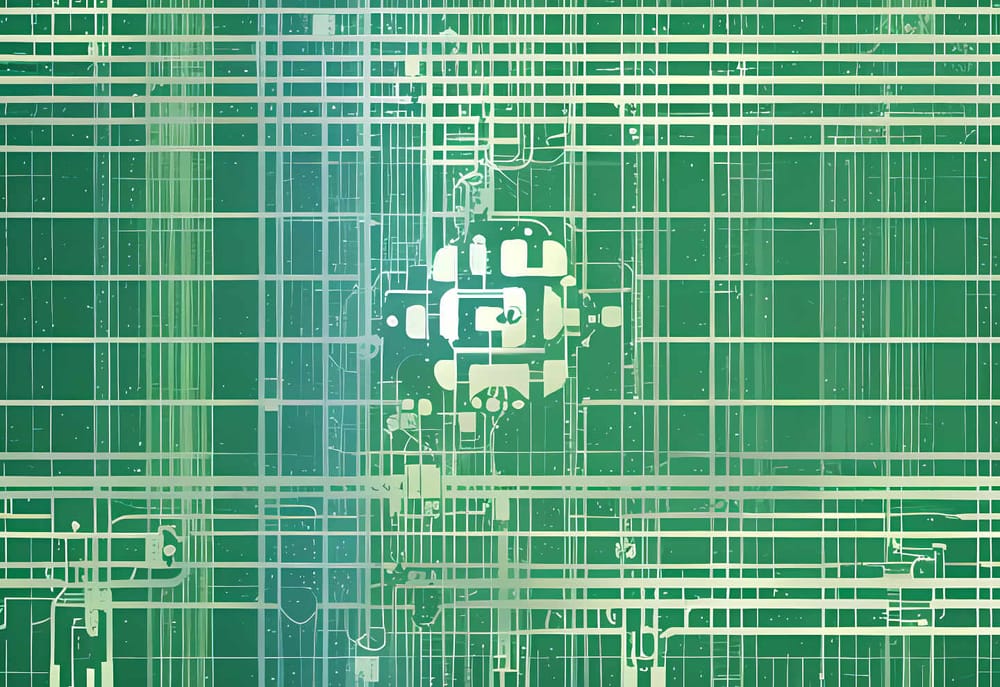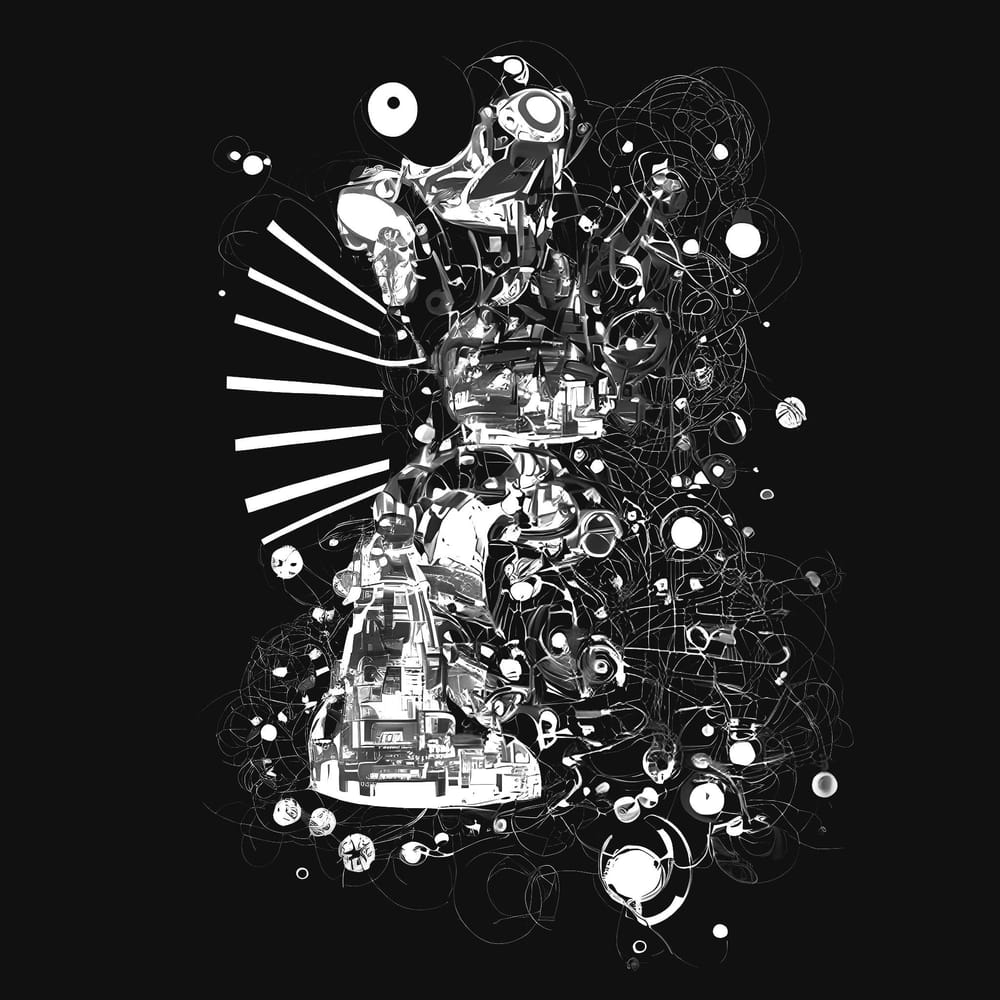In today’s world, the conversation around data ownership, particularly in healthcare, is becoming ever more relevant. With the rise of digital health records and the increasing integration of sensor technologies, patients face the challenge of keeping control over their personal medical data. At a hackathon in Heidelberg, our team tackled this issue by creating BioDataHero, a blockchain-based platform that allowed individuals to auction their anonymized medical records to pharmaceutical companies. By placing the patient at the center of data control, the project sought to establish a paradigm where individuals have full ownership over their health data and can benefit from the value their information holds.
This initiative comes at a critical time, especially considering the upcoming rollout of the Elektronische Patientenakte (Electronic Patient Record) in Germany, which raises questions about data security, ownership, and privacy. The integration of decentralized technologies, like blockchain, into healthcare systems promises a new level of transparency and patient empowerment.
Product
BioDataHero aimed to create a system where personal medical records—such as blood tests and sensor-derived health metrics—are treated as assets owned by the patient. Using blockchain, the data was stored in a decentralized manner, ensuring both security and transparency. Anonymization was built into the core of the system to protect patient identities, while giving control over who could access the data. Pharmaceutical companies, research institutions, or other stakeholders could place bids on anonymized data in a competitive auction, offering monetary compensation to the patient for access.
The platform implemented a proof-of-chain consensus algorithm for securing the data. Patients could grant and revoke access to their records at any time, allowing for dynamic control over who holds the right to their health data. With this backend built on an IBM blockchain framework, BioDataHero provided a robust, flexible solution for the sensitive nature of medical data, using an auction algorithm to ensure fair compensation and flexible permissions.
Progress
At the hackathon, we successfully built the core infrastructure of BioDataHero, focusing on the blockchain backend. We used a proof-of-work mechanism to validate the transactions related to medical data access, ensuring that each interaction was securely stored in a decentralized manner. The proof-of-work consensus allowed the system to scale across multiple nodes, ensuring the blockchain remained resilient and transparent. Although the project was in its early stages during the hackathon, the foundations we laid proved the concept's viability.
Moving forward, platforms like sicherlich.io, a project currently in development, build upon the ethical concerns we identified during the hackathon. While BioDataHero focused on patient data ownership and monetization, sicherlich.io prioritizes full anonymization and enhanced privacy of diagnoses and medical records. The goal is to provide a platform that not only gives patients control but ensures that sensitive health information is fully anonymized even when shared with insurance companies or third parties.
Policy
As Germany prepares for the full implementation of Elektronische Patientenakte, the BioDataHero project highlights both opportunities and challenges for the future of medical data systems. Blockchain technology offers a solution to the trust gap between patients and institutions, but ethical concerns remain. Should medical data be commodified? How can we ensure that patients are not exploited? These are the ethical questions that drove the creation of BioDataHero, and they remain highly relevant today.
Sicherlich.io takes a more refined approach, ensuring that data is only used with the patient’s explicit consent and is anonymized to prevent misuse. This system aligns with broader human rights principles in healthcare—emphasizing the patient's right to privacy, control over their own data, and the ethical use of sensitive information. By combining these efforts, the future of medical data could be one that balances innovation with respect for individual privacy.
In a landscape that is increasingly data-driven, projects like BioDataHero and sicherlich.io point to a future where patients are empowered to manage their medical information ethically, securely, and on their own terms.
References:
https://gist.github.com/scopalaffairs/bec6df785a6f75c9daf5076630aa4437#file-blockchain-from-scratch-py
https://github.com/scopalaffairs/blockchain_core-frame_python
https://github.com/scopalaffairs/biodataheros
https://www.youtube.com/watch?v=S3n04pSDq6s
BioDataHero @ Sensors & {data} | Hackathon
date: 20th – 22nd July 2018
1st prize for Business Model





